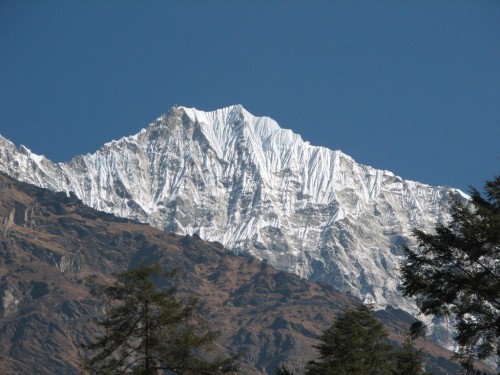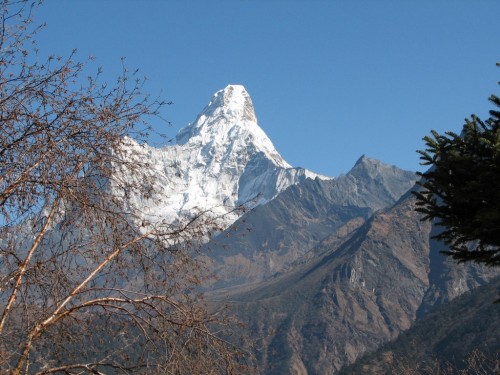Using interviews for writing
One of the writing assignments I had to complete recently for my Master of Arts in Creative Writing course involved doing an interview. I then had to write an article suitable for a magazine, giving it a creative angle to show the personality of the person being interviewed. All that in only 500 words.
I don’t enjoy being that restricted but I rose to the challenge. I had to be very ruthless with my word count, cutting back to the bare bones of the story. On this occasion it was my lecturer imposing the restrictions and I would have been marked down if I’d gone over the word count. Editors of magazines are just as demanding. Often they only have space for 150 or 200 words, or less. If you don’t cut the extra words, they will. Then you might find important facts missing from the final article.
Anyway, I was reasonably pleased with the end result. I managed to keep within the word count too. The lecturer gave me a distinction, so she was pleased with it as well.
Do you write essays?
I’ve never really considered myself as an essayist. Yet despite that lack of focus, I guess I have written quite a number of essays over the years; I just haven’t called them essays. I guess most bloggers wouldn’t write “essayist” on their CV either, yet many personal blog posts and many of those on niche blogs could be called essays.
“But not many writers start out with dreams of becoming essayists. We want to be journalists, short story writers, novelists or even travel writers, but rare is the scribe who sets out to be an essayist. Personal essays happen by accident, when in the process of setting out to find stories, we end up finding ourselves. Every frustration, adulation, inclination, anguish or misery then becomes fodder for the personal essayist’s pen.” Mridu Khullar
Whether we call them essays, posts, articles or ramblings on the net is not the point. We are all writers, all trying to communicate our thoughts, ideas, experiences and whatever with whoever is listening or reading. This is the true wonder of blogging and the amazing power of the internet. It is so democratic; anyone can be a writer and can make connections with anyone else with access to the internet.
If, however, you do want to take the path of calling yourself an essayist, can I recommend the article I quoted from above. The link is below and the author writes about how she goes about writing the personal essay.
Links:
- Writing the personal essay by Mridu Khullar.
- Creative Nonfiction – more articles on non-fiction writing.

